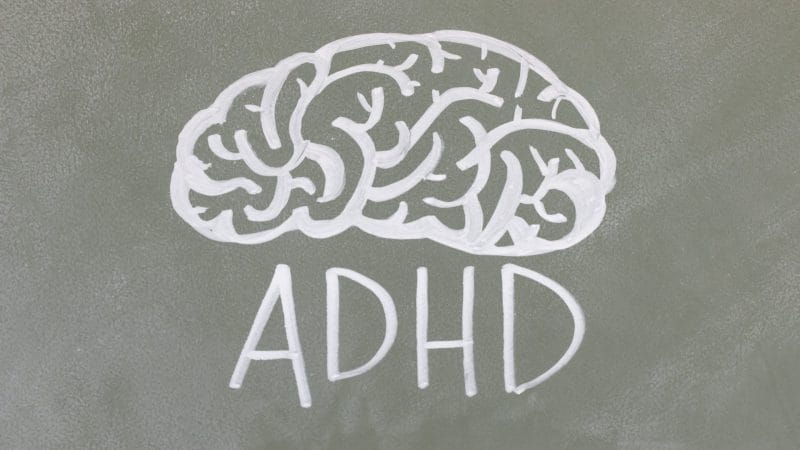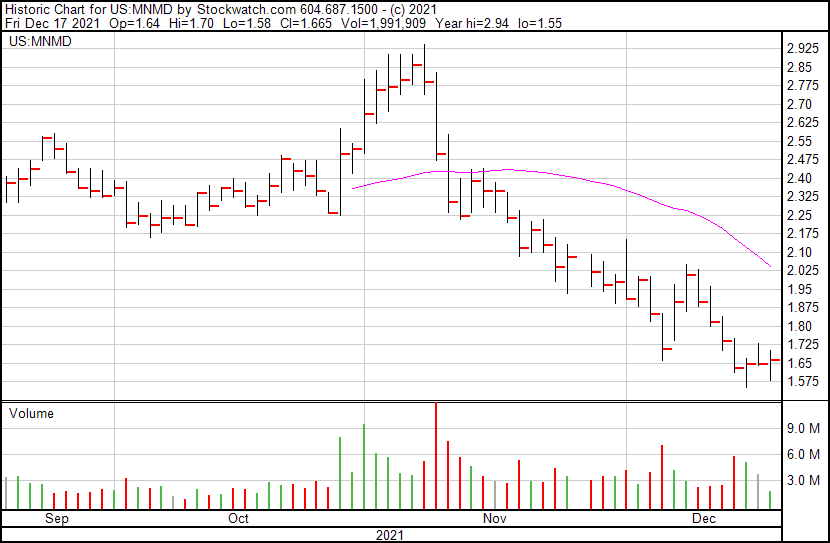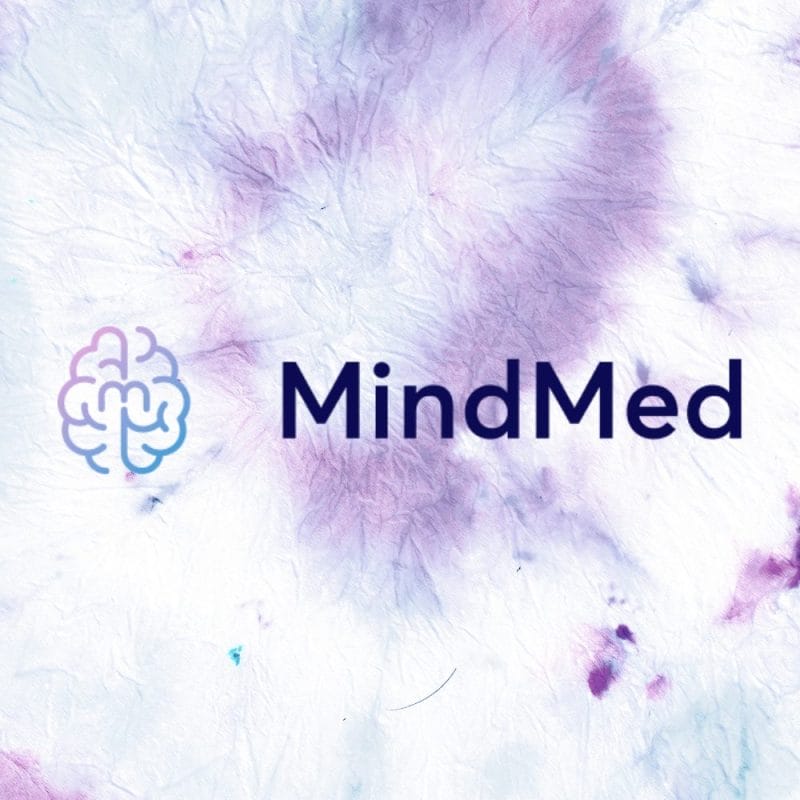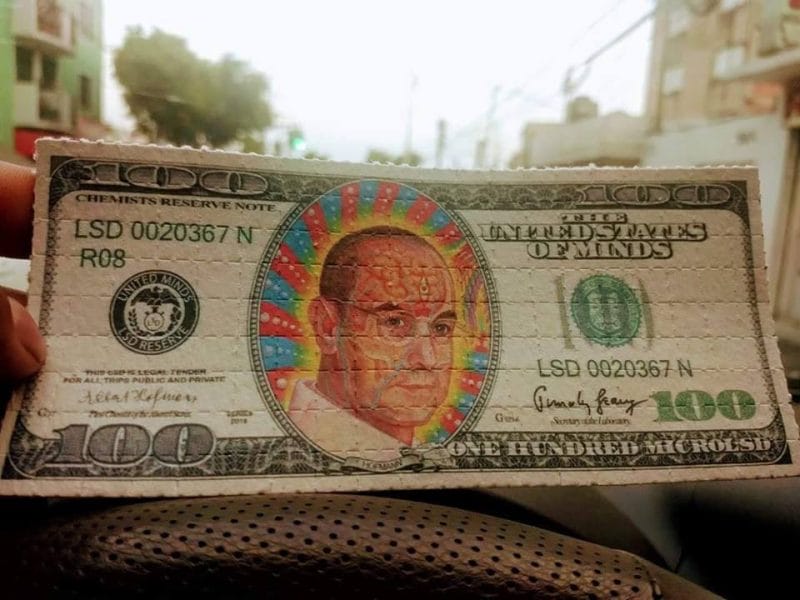
- $901.372M Market Capitalization
Mind Medicine Inc. (MNMD.Q) today announced the initiation of a Phase 2a proof-of-concept (POC) trial of lysergic acid diethylamide (LSD) in adult patients with attention deficit hyperactivity disorder (ADHD). POC clinical studies are an early stage of clinical drug development where a compound has demonstrated potential for human therapeutic use. A POC clinical study occurs after preclinical animal models and early safety testing. With this in mind, POC clinical studies play a pivotal role in enabling a company to progress towards marketing a viable human therapeutic.
According to the Centers for Disease Control and Prevention, ADHD is one of the most common neurodevelopmental disorders in children. Children with ADHD commonly have trouble focusing and behaving at one time or another. Furthermore, symptoms can be severe, causing difficulties at school, at home, or with friends. Common symptoms include fidgeting, forgetfulness, and making careless mistakes, to make just a few. In 2016, the estimated number of children diagnosed with ADHD was 6.1 million.
Keep in mind, children with ADHD do not simply grow out of their behaviors. Some adults who experienced milder symptoms of ADHD in their childhood may have developed coping skills to prevent ADHD from interfering with their daily lives. However, many adults living with ADHD face numerous challenges including debilitating struggles with time management, impulsivity, mood swings, and disorganization. According to MindMed, of an estimated 10 million American adults living with ADHD, only 10.9% seek and receive treatment for their condition.
On the contrary, a 2014 national survey found that almost 9 out of 10 children had received some type of behavioral treatment or skills training. Meanwhile, between 2007 and 2016, the rate of ADHD amongst adults increased by a staggering 123%. Furthermore, diagnosing an adult with ADHD requires at least five symptoms of inattention, hyperactivity, or impulsivity, per the American Psychiatric Associations’ Diagnostic and Statistical Manual of Mental Disorders (DSM-5). As for treatment, apparently, it takes more than just a fidget spinner to curb symptoms of ADHD in adults and children.
ADHD Treatment

For adults, treatments for ADHD include medications, education, skills training, and psychological counseling. A combination of these various treatment options is often the most effective, however, this does not cure ADHD. With this in mind, LSD has demonstrated potential in various studies for therapeutic use. LSD was studied from the 1950s to the 1970s to evaluate behavioral and personality changes, as well as remission of psychiatric symptoms in various disorders. More specifically, LSD was used to treat anxiety, depression, psychosomatic diseases, and addiction.
“Psychedelics including LSD have shown beneficial and lasting effects on mood when given at single doses producing psychedelic effects. There is anecdotal evidence for possible benefits of low to very low doses of psychedelics given repeatedly. This is the first controlled study to validly evaluate therapeutic effects of very low doses of a psychedelic in patients,” commented Dr. Matthias Liechti, University Hospital Basel and Co-Primary Investigator of the Trial.
According to a study published by Frontiers in Psychiatry, LSD demonstrated efficacy in treating neurotic symptoms, heroin use disorder, anxiety associated with life-threatening diseases, and alcohol use disorder. Overall, the study recognized the therapeutic potential of LSD in the reduction of psychiatric symptomatology. In fact, a majority of authors described important positive short-term changes in patients. With this in mind, through a Phase 2a POC trial, MindMed will further explore the therapeutic value of LSD in treating ADHD.
Phase 2a Trial
The Phase 2a POC trial is a multicenter, randomized, double-blind, placebo-controlled trial evaluating the safety and efficacy of low-dose LSD as a treatment for ADHD in adults. The trial intends to enroll a total of 52 patients that will receive 20 micrograms (µg) of LSD every dose schedule or placebo for 6 weeks. The primary endpoints are a mean change from baseline in ADHD symptoms, as assessed by the AISRS after 6 weeks of treatment. The POC trial will be conducted in collaboration with the University Hospital Basel in Switzerland and Maastricht University in the Netherlands.
“We have designed a robust, randomized clinical trial to replicate and extend the promising findings of previously conducted smaller, open-label trials. This trial will evaluate our therapeutic regimen in a rigorously controlled setting and will help optimize the dosing schedule, compound selection, and clinical management. Further, this trial will provide additional insight into the mechanisms by which psychedelics exert their therapeutic effects,” stated Dr. Miri Halperin Wernli, Executive President of MindMed.
The trial will be led by Dr. Matthias Liechti, at University Hospital Basel, Switzerland, and Dr. Kim Kuypers at Maastricht University, the Netherlands. It is worth noting that the Global ADHD Therapeutics Market is expected to reach USD$45.68 billion by 2026, up from USD$29.56 billion in 2021. This market is expanding at a compound annual growth rate (CAGR) of 9.09%. Growth can largely be attributed to the frequency of ADHD rising at a higher rate. Furthermore, increasing advancements in the medical field, research, and raising awareness are expected to fuel market growth considerably.
Financials
According to MindMed’s Q2 2021 Financial Statement, the Company had cash of USD$157,036 on June 30, 2021, compared to USD$80,094 on December 31, 2020. As of June 30, 2021, MindMed had total assets and total liabilities of USD$193,869 and USD$17,466, respectively. Comparatively, on December 31, 2020, the Company had total assets and total liabilities of USD$85,644 and USD$2,377, respectively.
For the three months ended June 30, 2021, MindMed’s research and development expenses increased to USD$4,667 compared to USD$2,700 on June 30, 2020. In total, for the three months ended June 30, 2021, the Company reported a net loss of USD$35,575 compared to USD$5,757 for the three months ended June 30, 2020. For the six months ended June 30, 2021, these numbers translate to USD$51,146 and USD$12,778, respectively.

MindMed’s share price opened at $2.16, up from a previous close of $2.11. The Company’s shares are up 1.42% and were trading at $2.14 as of 12:31 PM EST.







